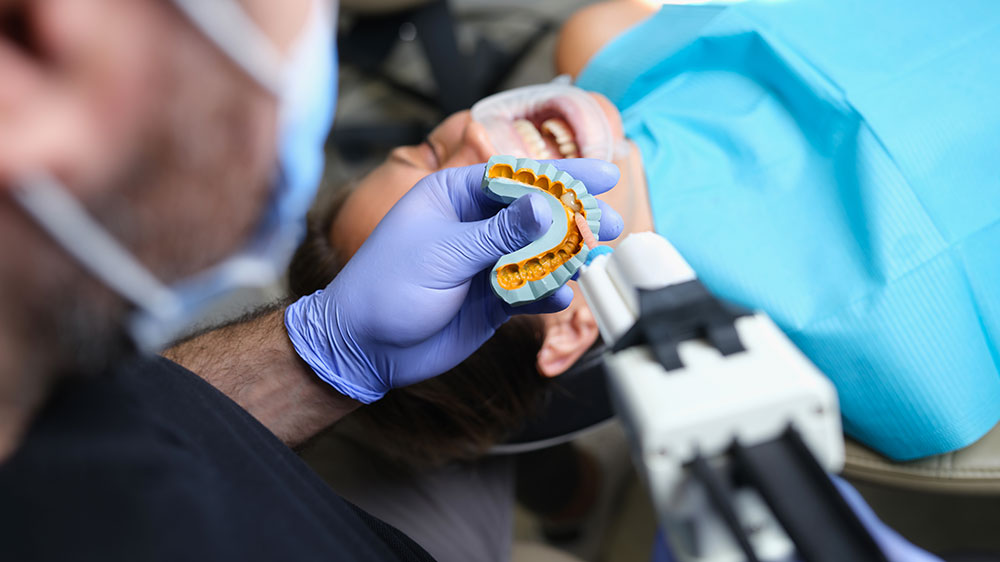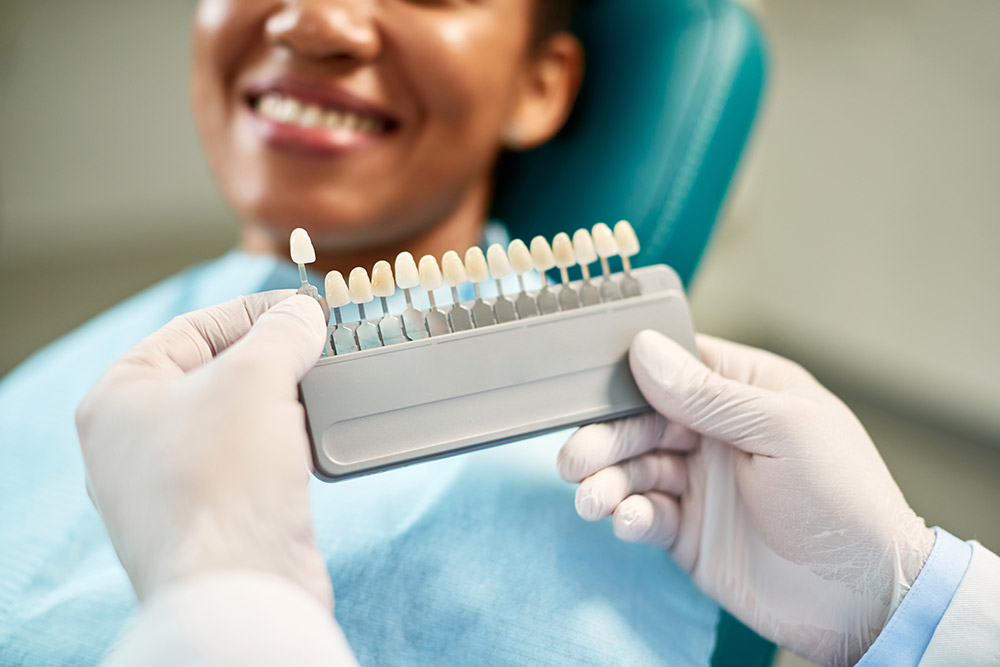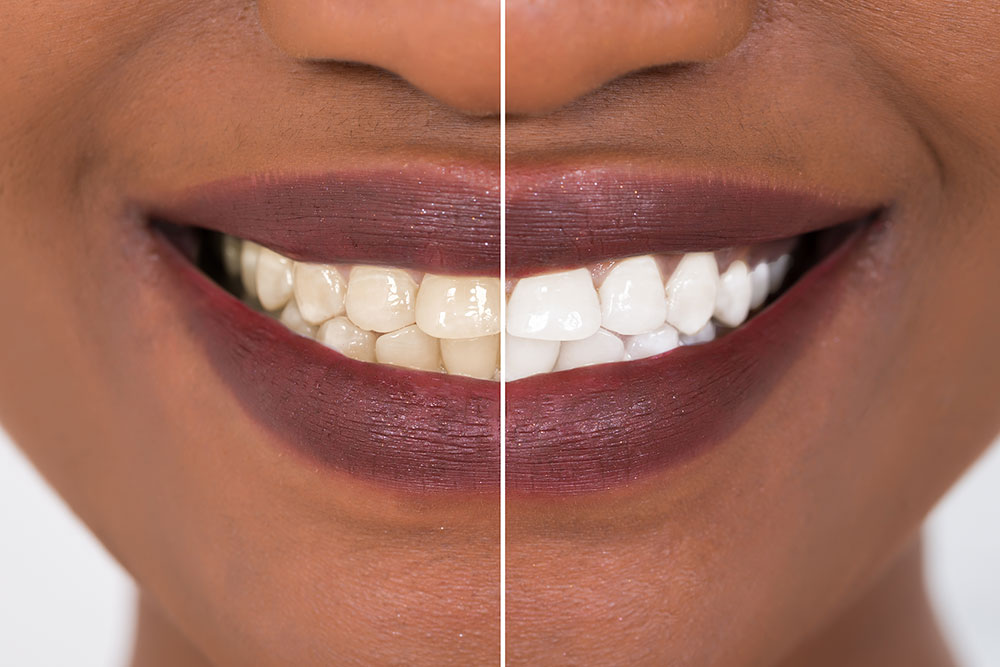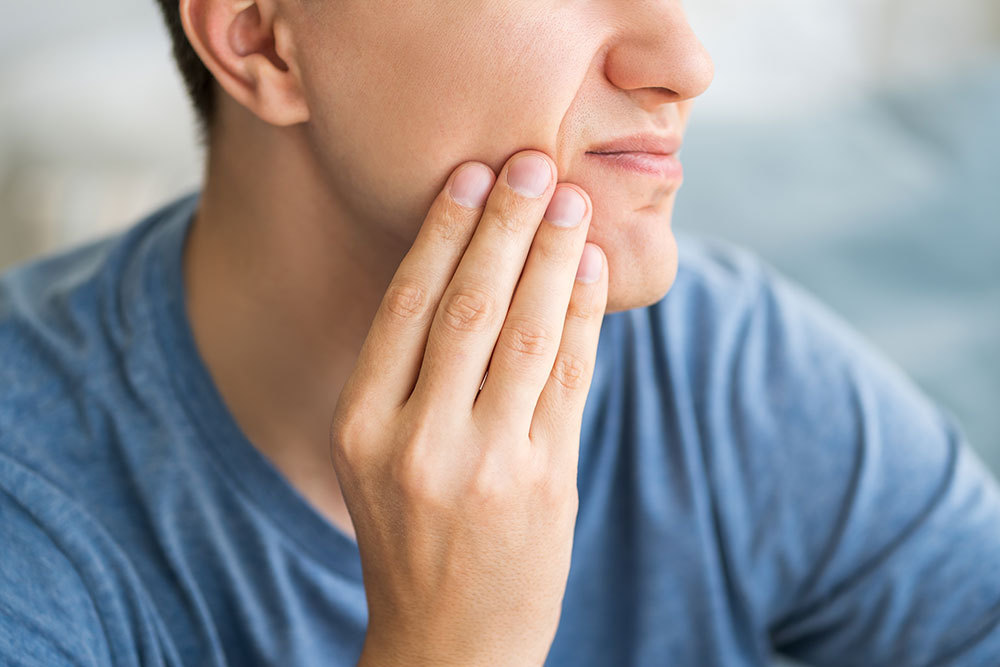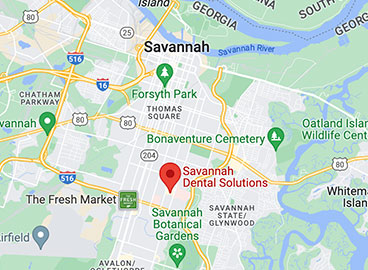Dental Blog
Keeping good oral health is an important part of your overall well-being that you should not neglect. Sometimes, it can be hard to go in
While snoring may not always mean you have a medical problem, constant snoring can become annoying if you live with other people. Due to snoring
Migraines can be unbearable. The pains in your head make it hard to think or even see. Sometimes those migraines can be so bad can’t
If you’re looking to improve the overall look of your smile, you might turn to veneers. Veneers are a layer of material put over your
Veneers are becoming a standard solution for those struggling with how their teeth look. As the cost of the necessary material and expertise has declined
Sedation dentistry has gotten quite popular in recent years, and this kind of dentistry is ideal for those who find going to the dentist uncomfortable
Teeth whitening costs vary depending upon the level of service needed. Investing in professional teeth whitening at a licensed Savannah, Georgia, dental practice can protect
Dental veneers are one of the best ways to hide imperfections and improve your smile. Veneers are commonly made of porcelain and need protection and
The temporomandibular joint disorder is a debilitating pain in the jaw joint. Since we all talk, eat and drink, the jaw joint is frequently used





